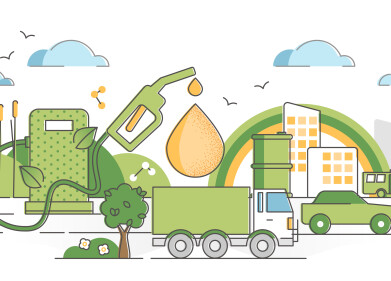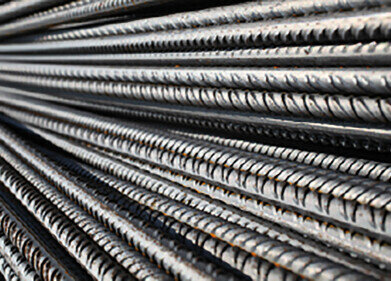Biofuel industry news
Biofuel - Energy Supply of the Future?
Dec 19 2013
In the past months and years bio fuels have unwittingly generated a social and environmental dilemma. For example, large areas in developing countries were, and still are, cleared and used for sugar cane bio-fuel monocultures or similar, and therefore unintentionally compete with the production of food. This well known problem has led to the development of more climate friendly and socially acceptable second generation bio-fuels.
The production of second generation bio-fuels requires only the cellulose-containing parts of the plant, meaning the starch rich parts, for example the maize kernels, can still be used for the production of food.
Bio ethanol is produced and obtained via bio catalysis (fermentation) and bio process technology. In order to run such well-engineered bio process technology plants, preparation of the lignocellulose containing residual material is required. Not only do the comminution degree (particle size), built-in measurement instrumentation and control systems play a part, but even more important is the comminution high surface and the associated residence time and fermentation period in the bio-fermenter. Therefore, the micro-organisms and enzymes used in the process are utilised in a time and resource saving approach to achieve the highest possible plant effectiveness.
For the comminution of the residual plant matter in many pilot plant stations and pilot installations Fritsch (Germany) Cutting Mills are used, often the Universal Cutting Mill Pulverisette 19 in combination with the sample exhauster, the cyclone separator.
The system offers easy handling during cleaning and the exchange of the cutting tools. Due to the patented Fritsch sample exhauster it is possible to produce sufficiently large amounts of bio mass with a particle size distribution of smaller than 250 µm, which can then be transferred to the fermentation plants without any problems. The directed high volume air current of the Fritsch patented sample exhauster of 2800 l/min minimises thermal load during the grinding process and is secure protection against clogging of the sieve cassettes, enabling a consistently high sample throughout.
Digital Edition
PIN 25.6 Buyers' Guide
January 2025
Buyers' Guide Directory - Product Listings by Category - Suppliers Listings (A-Z) Articles Analytical Instrumentation - ASTM D7042: The Quantum Leap in Viscosity Testing Technology -...
View all digital editions
Events
Jan 20 2025 San Diego, CA, USA
Jan 22 2025 Tokyo, Japan
Jan 25 2025 San Diego, CA, USA
SPE Hydraulic Fracturing Technology Conference and Exhibition
Feb 04 2025 The Woodlands, TX, USA
Feb 05 2025 Guangzhou, China



















